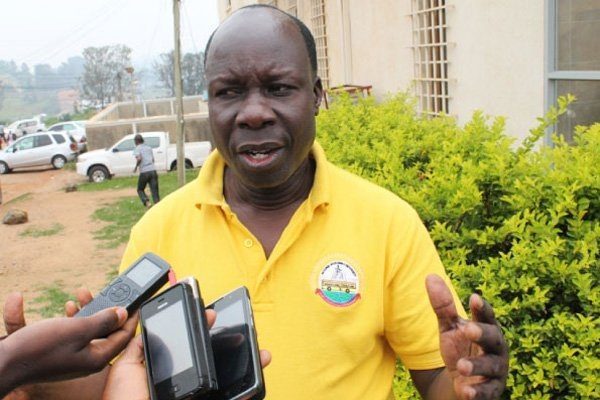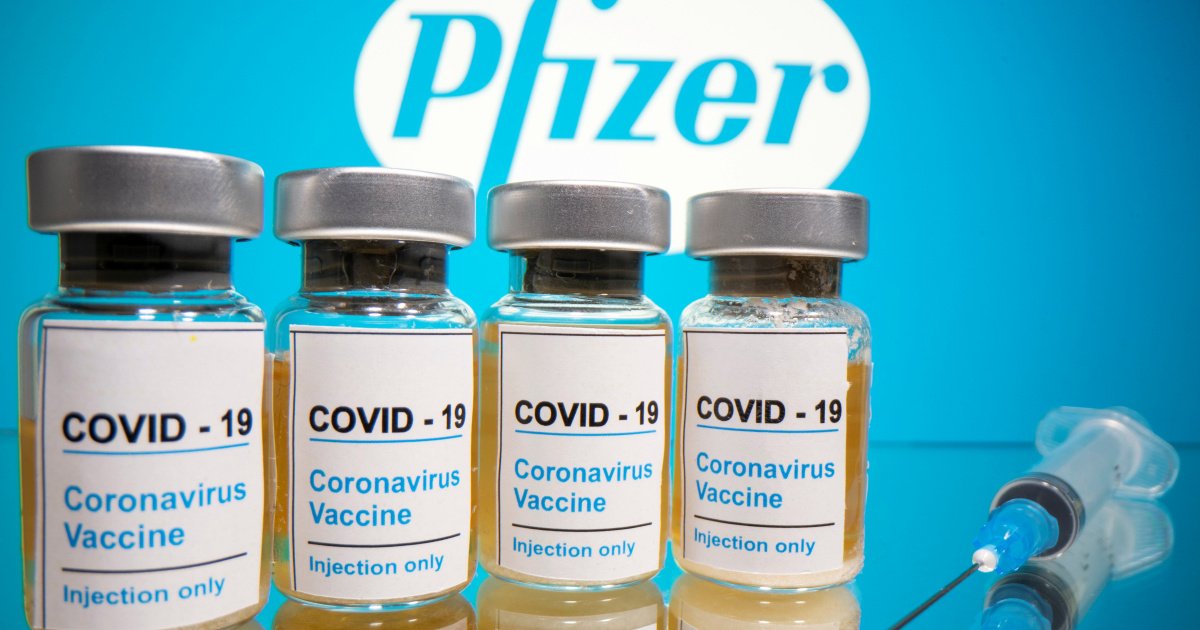The Daily Nation
You still stand a high chance of succumbing to Covid-19 even after getting admission to intensive care unit, data from the Kenyan health ministry, which confirmed 497 new cases yesterday, show.
The figures show that 78 of the 225 coronavirus patients who had been admitted to ICU died, with five succumbing yesterday.
The ministry expressed fears that if the numbers of those requiring ICU care shoot up, hospitals will run out of space.
Health Director-General Patrick Amoth said the procedures needed for people in ICU are complex and time consuming and “if the numbers of those in need of critical care go up, we will not be able to have the adequate numbers of healthcare worker to offer this service.”
The new cases announced by Health Cabinet Secretary Mutahi Kagwe — 318 males and 179 females — takes Kenya’s Covid-19 caseload to 10,791.
Mr Kagwe expressed concern over the high number of those testing positive in Nairobi, which accounts for more than half of all the cases at 5,705. Mombasa (1,739), Busia (550) and Kiambu (520) also recorded spikes in infections.
Nairobi’s Westlands, Lang’ata, Dagoretti North and South, Embakassi East and West and Starehe continue to bear the bulk of the cases for Nairobi.
Dr Amoth’s concern over fast-filling ICU came as studies revealed patients who recover after intensive care may have to deal with long term disabilities such as muscle wasting, organ and brain damage.
A 2012 study published in the journal Annals of Intensive Care recorded an average of 53 percent of patients who experience frightening delusions after leaving the ICU.
This is common in patients who went to the ventilators.
Experts also warn Covid-19 patients who spend time in the ICU are prone to physical, cognitive and even mental health problems after discharge.
Dr Jeremiah Chakaya, a pulmonary diseases expert said post-intensive care syndrome is common, regardless of any disease that puts them there.
Mr Amos Kamimo was among the first patients in Kenya to land into ICU due to Covid-19. Already with heart problems, the forty days following his hospitalisation was like the biblical walking in the valley of the shadow of death.
“When I left home, I knew my health was not perfect owing to the shortness of breath and I disguised it as my congenital heart disease. Never did it cross my mind that I could be a Covid-19 patient,” he said.
He was transferred to the Aga Khan University Hospital since his situation needed the HDU, which at the time, had been occupied at Mbagathi Hospital.
“I was transferred because my lungs, heart and kidney were failing. My oxygen saturation level would drop to 60 percent and my doctors had told me that it should not go below 88 percent, I was scared,” he says.
The WHO says about 80 percent of those with Covid-19 recover without needing any specialist treatment, but an estimated one in six persons become very ill “and develop difficulty breathing”.

















